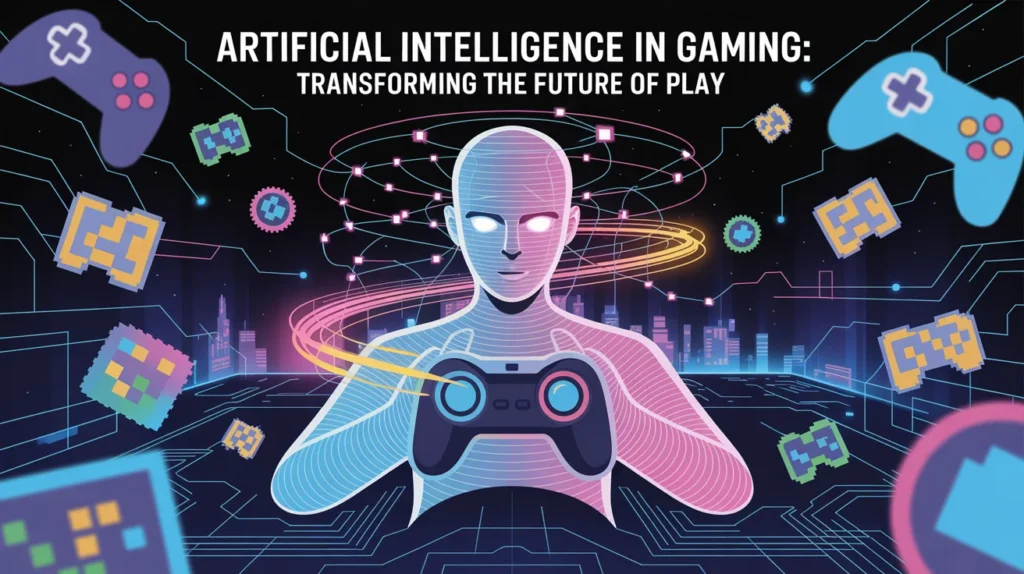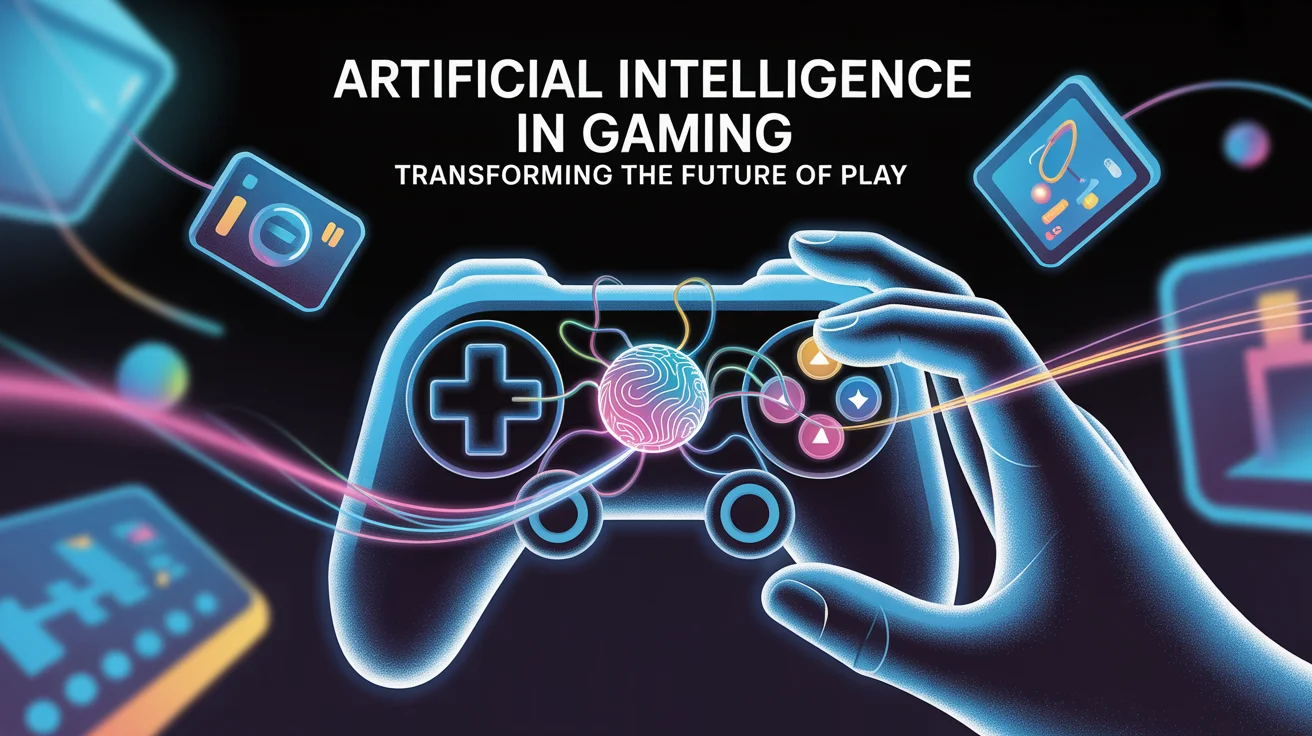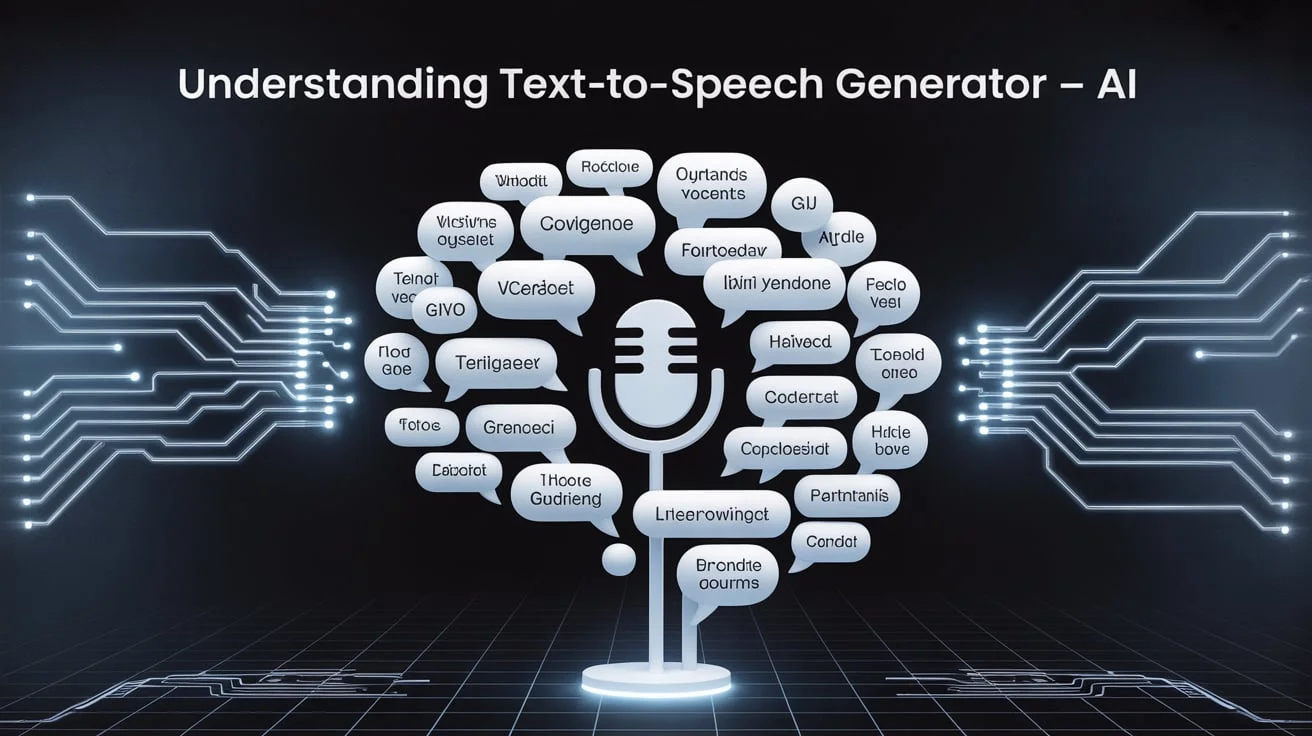Artificial intelligence in gaming is reshaping the way we play and experience video games. It allows games to be more innovative, more engaging, and more immersive than ever before.
Instead of simple scripted actions, AI-powered games respond dynamically to player choices, creating unique challenges and personalized gameplay.
This technological advancement is pushing the boundaries of entertainment and creativity in the gaming industry.
How AI Enhances the Gaming Experience
Artificial intelligence (AI) in gaming adds depth to gameplay by enabling characters and game environments to behave realistically. AI makes non-player characters (NPCs) smarter, allowing them to learn from player actions and adapt their strategies accordingly.
This results in more unpredictable and challenging encounters that keep players engaged.
Moreover, AI personalizes the difficulty level, making games accessible for beginners while still providing a challenge for experienced players. This balance increases player satisfaction and extends the life of the game.
Smarter Non-Player Characters Through AI
AI allows NPCs to act with more autonomy and intelligence. In modern games, NPCs can make decisions, communicate, and exhibit emotional responses, creating a richer narrative and a more immersive world.
For example, in stealth games, AI-controlled guards can coordinate searches or set traps based on the player’s behaviour. Friendly NPCs remember past interactions, influencing how they assist the player later in the game.
Benefits of AI in Gaming
Artificial intelligence offers multiple benefits for both developers and players. AI automates repetitive tasks for developers, such as game testing and procedural content creation, saving them time and resources.
For players, AI enhances the gaming experience by creating dynamic environments and opponents that adapt in real-time. It also improves the realism of animations and character movements, making games more lifelike.
Below are some key benefits of AI in gaming:
- Adaptive Gameplay: AI adjusts difficulty and strategies based on player performance.
- Procedural Content: AI generates new levels, maps, or quests automatically.
- Improved NPC Behaviour: NPCs react intelligently, making interactions more meaningful.
- Development Efficiency: Automation speeds up production and quality assurance.
Challenges of Implementing AI in Games

Despite its advantages, AI in gaming faces significant challenges. Designing AI that offers the right balance between difficulty and fun is complex. If AI is too bright or dumb, it can frustrate or bore players.
Technical limitations also play a role, as AI calculations can be resource-heavy. Optimizing AI for different hardware, from consoles to mobiles, requires careful planning.
Furthermore, privacy concerns arise when AI collects player data to tailor experiences. Developers must ensure data is handled securely and ethically.
Key challenges include:
- Balancing AI complexity for diverse player skills.
- Managing hardware performance constraints.
- Avoiding glitches that break immersion.
- Ensuring responsible use of player data.
AI and Procedural Content Generation
Procedural content generation (PCG) uses AI to automatically create game elements such as levels, environments, and missions. This approach allows games to offer fresh content every time they are played.
AI improves PCG by generating content that aligns with the game’s storyline and player preferences. For example, an AI system might create a challenging level for skilled players or a simpler one for beginners.
This keeps the gameplay engaging and extends the game’s replay value by avoiding repetition.
The Future of AI in Gaming
The future of artificial intelligence in gaming is exciting and full of possibilities. AI will enable more natural interactions, such as conversations with NPCs through voice commands. Machine learning could allow games to learn from player behaviour and evolve dynamically.
AI will also benefit virtual reality (VR) and augmented reality (AR), making virtual worlds more immersive and responsive. Imagine AI companions who assist and learn from players to improve teamwork and storytelling.
Some future developments include:
- AI-powered voice-controlled NPCs for realistic dialogues.
- Games that adapt narratives based on player choices.
- Enhanced VR and AR experiences with intelligent environments.
- AI assisting in creative game design and player collaboration.
Summary of AI’s Impact on Gaming
Artificial intelligence in gaming is revolutionizing how games are developed and played. It enables more intelligent NPCs, adaptive gameplay, and endless content generation. While there are challenges to overcome, such as balancing AI difficulty and managing technical constraints, the benefits are significant.
AI makes games more immersive, enjoyable, and personalized. As AI technology advances, the gaming experience will continue to evolve in ways we can only imagine today.
Key points to remember:
- AI enriches gameplay by creating dynamic and responsive characters.
- Procedural generation powered by AI keeps content fresh.
- Developers benefit from automation and efficiency.
- Future AI innovations promise even more immersive gaming worlds.
Conclusion
Artificial intelligence in gaming is revolutionizing the way we experience video games. AI enhances gameplay and storytelling by making game worlds more intelligent, adaptive, and highly immersive.
Despite some challenges, such as balancing AI difficulty and managing technical demands, AI technology’s benefits far outweigh the drawbacks. As it continues to advance, AI technology will open new doors for creativity and innovation in gaming.
This ensures that players enjoy richer, more personalized, and endlessly engaging experiences in future years. Embracing AI in gaming is not just the future—it’s the present transforming the industry.
Frequently Asked Questions:
What is artificial intelligence in gaming?
The technology enables game elements to make decisions and adapt based on player interaction.
How does AI improve gaming?
By creating more intelligent opponents, personalizing difficulty, and generating dynamic content.
What are the challenges of AI in gaming?
Balancing difficulty, optimizing for hardware, and protecting player data.
Can AI create unlimited game content?
Yes, AI can produce endless new levels and scenarios through procedural content generation.
Will AI replace human game developers?
No, AI assists developers but does not replace human creativity and design.




